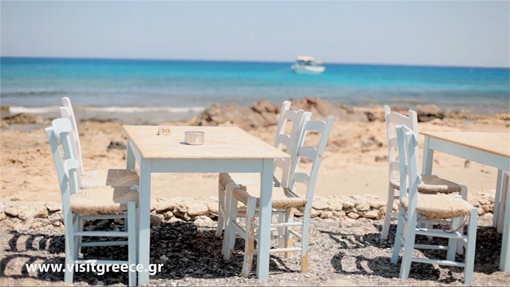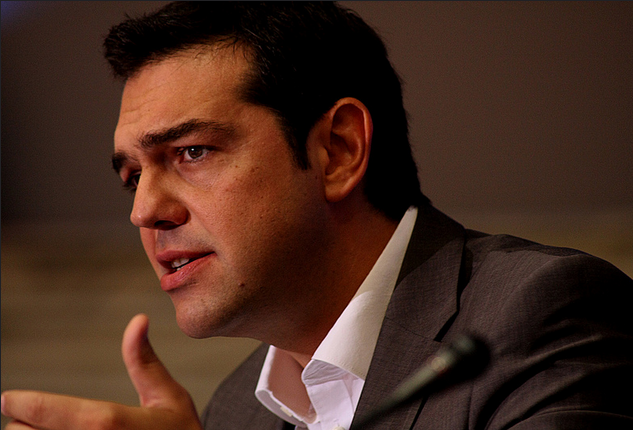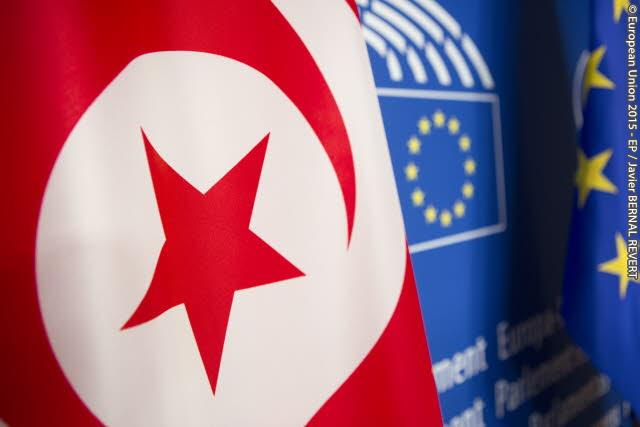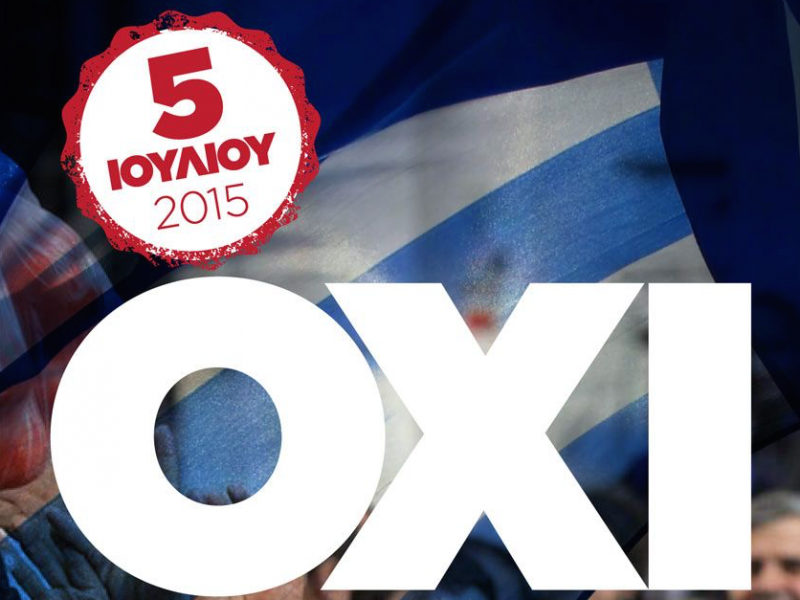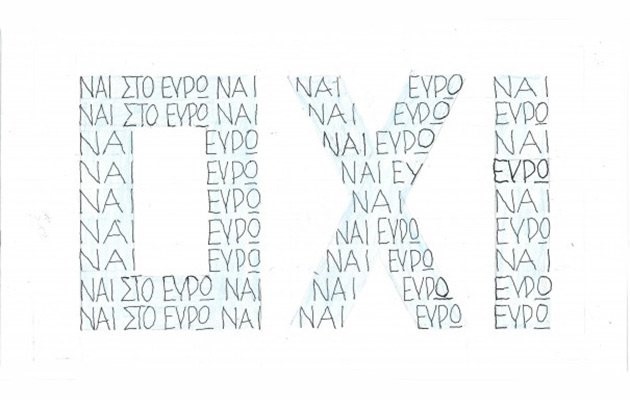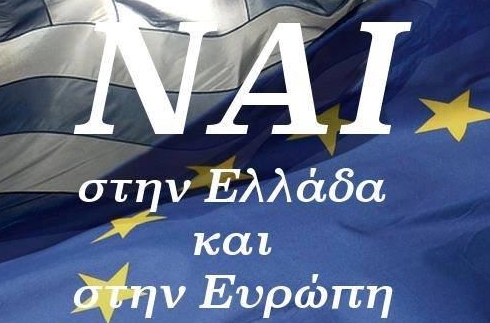Time to swallow your words, Mr. Juncker, and find a solution together with the Greek people, not against them.
Greeks have voted “No”. They have voted “No” to accepting an agreement offered by “The Institutions” on a given date (whether that offer was still valid or not at the time of the referendum does not change the question, they were asked to cast their vote on the content, just in case). Though the substance may be complex, the question was expressed in very clear and unequivocal terms. Yet the very expensive translators working for “The Institutions” may have proven themselves unworthy of their big salaries (paid, inter alia, by Greece) because Mr. Juncker, and many others in the Eurogroup, understood that the question really was: “Do you want to remain in the Euro and in the EU?.” The Greek government, and many others, tried desperately to explain that the translation was wrong, but Mr. Juncker didn’t want to hear it.



